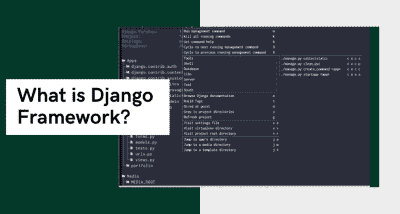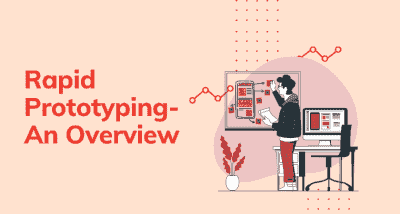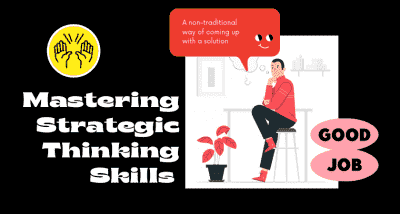STAR Interview Method
- Amruta Bhaskar
- Jul 24, 2020
- 0 comment(s)
- 2441 Views

STAR is a simple strategy that will help you provide concisely, focused answers on the application forms and at interview.
The STAR interview method is a technique that helps candidates prepare for interview questions that determine whether they will be able to handle specific situations associated with a job. STAR stands for situation, task, action and result. This method will help you prepare clear and concise responses using real-life examples.
Hiring managers ask behavioural interview questions to determine whether a candidate is a right fit for a job. By using this strategy, you can make sure you’re fully addressing the interviewer’s question while also demonstrating how you were able to overcome previous challenges and be successful.
Here is some additional background on behavioural questioning and a few tips to help you leverage the STAR method in your next interview.
- Share an example of a time when you faced a difficult problem at work. How did you solve this problem?
- Describe a time when you were under a lot of pressure at work. How did you react?
- Tell me about a mistake you’ve made. How did you handle it?
- Share an example of a time you had to make a difficult decision. What did you do?
- Explain a situation where you used data or logic to make a recommendation.
- Tell me about a time when you disagreed with your boss. How did you resolve it?
- Describe a time when you had to deliver bad news. How did you do it?
- Tell me about a time you worked with other departments to complete a project.
- Share an example of a time when you failed. What did you learn from the experience?
- Tell me about a time when you set and achieved a specific goal.
In the example below, a student has been asked to ‘describe a time when you have demonstrated excellent skills.’
SITUATION (briefly describe the context of your example. When was this? Where was this?):
As a regular volunteer for my the local youth club, I have been involved in organising a number of fundraising events.
· TASK (describe what you to do. What were you hoping to achieve?):
When the club needed new equipment for the games room last year, I volunteered to take the leading role in raising INR 10000 to buy a new pool table and games console in time for the summer holidays, which gave me six weeks to raise the required funds.
· ACTION (describe what you did to achieve the task, how you did it and what skills you used):
First of all, I drafted a basic project plan to record my fundraising target and key tasks for each week. For example, my tasks for the first two weeks included recruiting volunteers to help me organise the fundraising and researching local events over the next couple of weeks to identify a suitable date for our open day. I was able to allocate tasks and fundraising targets to each team member, which I then recorded in my project plan. For example, I tasked one experienced volunteer to raise INR 2000 fro ma bag packing event at a local supermarket for week five, while I put another in charge of organising the cake sale for our main fundraising event in week six. I chaired a weekly team meeting to monitor progress and identify team members that needed help. For example, when one team member was struggling to secure inhouse-prizes, I set aside time within my schedule for the remaining weeks to contact local companies. Thanks to my excellent interpersonal and negotiation skills, I was able to persuade several businesses to donate vouchers or cash prizes.
· RESULTS (briefly describe the outcome. What did you learn? Would you do anything differently in hindsight?):
Our open day was a great success and we raised a total of INR 7500 from this and the bag packing events in the supermarket. I found it really beneficial to have taken on a leadership role for this project and have since volunteered to lead on academic projects as well. The experience of organising the various aspects of this project has also strengthened my planning skills, and I have applied this to organising my academic work more effectively this year.
How to prepare for a behavioural interview?
Below are a few tips on how you can frame your answers.
• Recall recent situations that show favourable behaviours or actions, especially involving coursework, work experience, leadership, teamwork, initiative, planning, and customer service.
• Prepare short descriptions of each situation; be ready to give details if asked.
• Be sure each story has a beginning, middle, and an end, i.e., be ready to describe the situation, including the task at hand, your action, and the outcome or result.
• Be sure the outcome or result reflects positively on you (even if the result itself was not favourable).
• Be honest. Don't embellish or omit any part of the story. The interviewer will find out if your story is built on a weak foundation.
• Be specific. Don't generalize about several events; give a detailed accounting of one event.
• Vary your examples; don’t take them all from just one area of your life.














